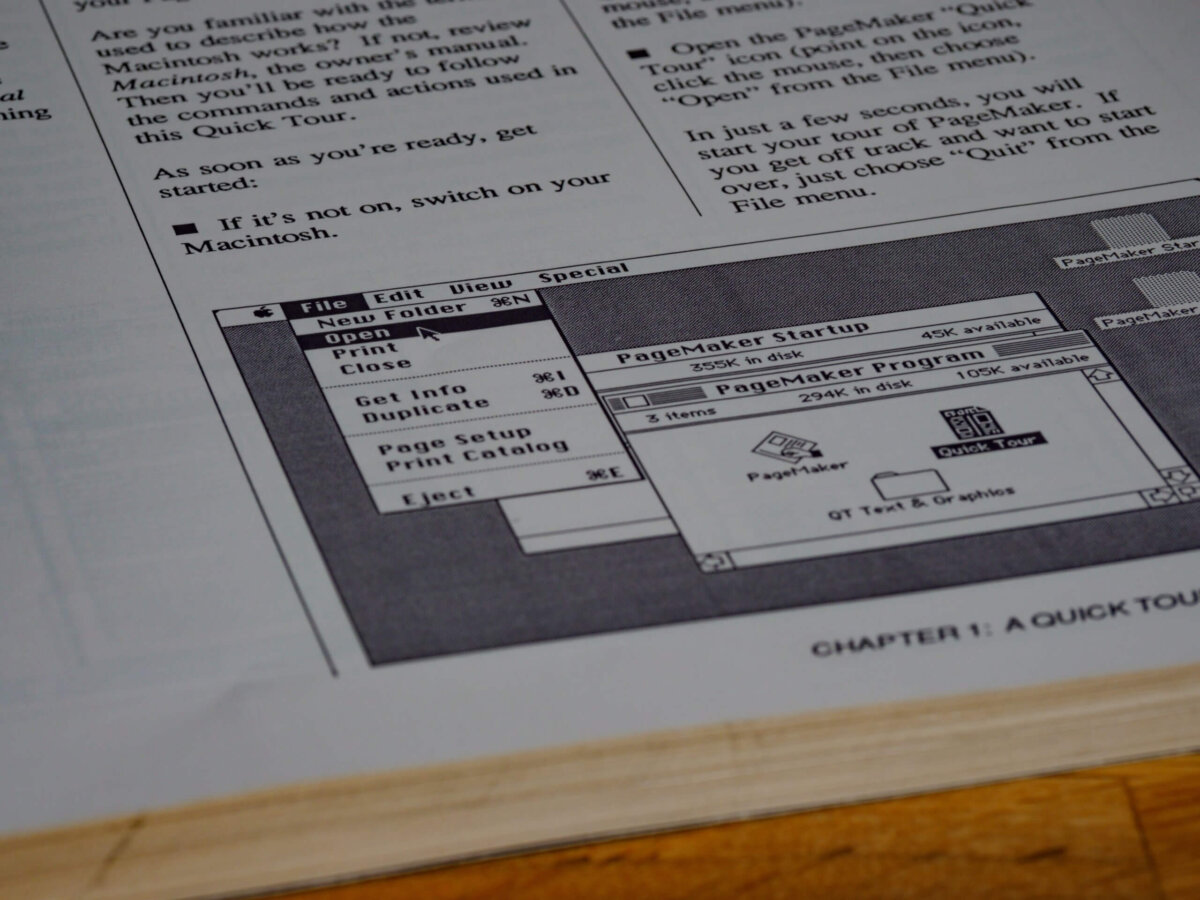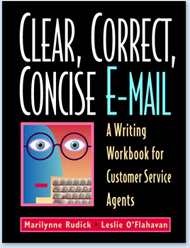One morning last week I opened my front door to find a basket of Godiva chocolates. It was sent by a colleague who had asked me to critique his film script. A note said thatmy feedback had helped him complete a successful revision.
This was a first. A writing critique more often induces distress, not dark chocolate. Who hasn’t reeled from the trauma of getting back a school or work document riddled with cross-outs and comments by the reviewer? A paper may have earned a failing grade. But worse is the work document emblazoned with the dreaded word: rewrite.
Receiving and giving feedback have their own pitfalls. If you are on the receiving end, it’s hard not to take the criticism personally. You’ve given it your best shot. Revise? What? How?
If you are the reviewer, it is disappointing to get a draft that doesn’t meet your expectations. You are annoyed at having to spend your time reviewing and editing. So maybe your comments are a little curt. The tension escalates if there is a deadline or if the revision is still inadequate.
So how do you give (and receive) feedback that garners Godiva? And most importantly, how do you get the results you want—a good piece of writing produced with as little blood, sweat, and tears as possible?
It’s Not Personal, It’s Business
Remember you are discussing a document—not a person. If you are the reviewer try: This section doesn’t seem logical. Not: You’re not logical! If you’re the writer try: I thought the purpose was to. . . . Not: You said you wanted. . . .
Think Fix, Not Failure
If you are the reviewer, give actionable feedback. Instead of marking a section and scrawling Fix! Tell the writer what to fix: Support your main point with relevant examples. Instead of Wrong tone, tell the writer what’s wrong: Too much jargon. Rewrite a sentence or two to illustrate the tone you want.
Message First, Typos Last
It is so satisfying to find a spelling or grammar error in someone else’s writing. It’s hard not to immediately correct these errors as you give the document a first read. Resist the temptation. Focus on the document’s message first. If it is off message, you’ve wasted your time correcting mechanical errors on a section that might be rewritten or deleted. After reading for message, focus secondly on organization and structure. Then finally focus on mechanical issues—wordiness, typos, spelling and grammar errors.
Giving useful feedback trains writers. (I believe that good writers are made not born.) It might seem easier to just rewrite the damn thing—especially if a deadline looms. But if you do that it is difficult for the writer to improve; it’s likely you’ll be rewriting his next document, too.
If you are the writer who gets a document from a reviewer with vague or unhelpful comments, ask to meet in person and press for actionable feedback.
You can diffuse the tension in a writer-reviewer relationship if you think of writing as collaborative. Both the writer and reviewer are working together to produce a piece of writing that serves the reader.
— Marilynne Rudick (guest blogger)
Tags: Collaborating, Editing, Writing






0 Comments